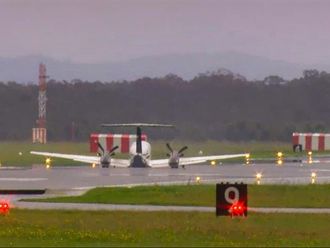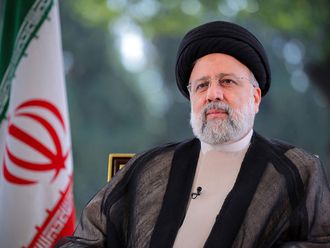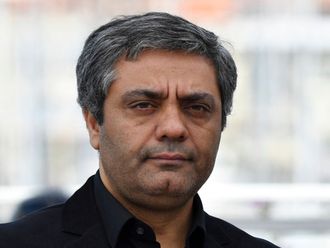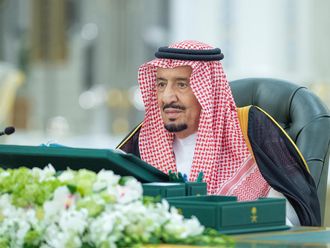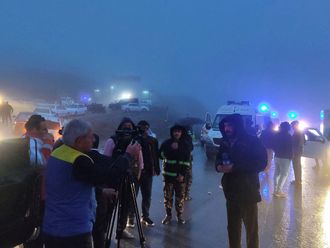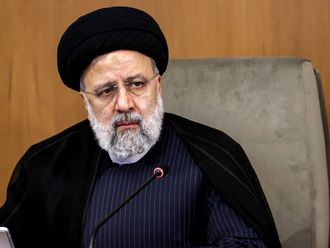New York: Al Qaida-linked militants in Mali remain a threat to all West Africa, UN leader Ban Ki-moon said in a report on Sunday in which he also raised concerns about a planned election next month.
But Ban raised no objections to a UN peacekeeping force starting to deploy on July 1, even though he said it was poorly equipped and trained.
The UN force is to take over security duties from French forces who entered Mali in January to halt an Islamist advance and help the government re-establish its authority over the vast country.
Ban said in the report that operations by French and Malian government forces in the north of the country had “weakened” the militant groups who took over northern Mali for 10 months and imposed a brutal Islamic law.
“They have lost the tactical advantage and much of the safe haven they had access to for years in northern Mali.”
But Ban raised concerns over suicide bombings and other guerrilla attacks the groups are now staging in Mali and neighbouring countries, such as Niger in late May.
The armed groups “retain the capability to pose a significant threat” and “still have support networks and recruitment structures in place,” he said.
“It is important to remain mindful of the danger posed by armed elements moving to neighbouring countries to carry out terrorist attacks and engage in criminal activities.”
The UN force, to be known as MINUSMA, will eventually have up to 12,600 troops with the core coming from more than 6,000 West African troops already in Mali. French troops will remain in the region to carry out counter-terrorism operations.
Ban raised fears that UN peacekeepers could face guerrilla attacks as the Malian army and African troops already have.
He also highlighted the lack of equipment and training among the West African troops already in Mali. The African forces have been given a “grace period” of four months to get up to UN standards, he said.
But Ban warned a “significant effort will be required to address the gaps” in equipment and training, including with attack helicopters.
The UN mission in Mali is also to help the government re-establish authority and to organise elections. The UN leader said, however, the government has made only “moderate progress” in efforts to restore order and that a government offensive on the Tawareq held town of Kidal could threaten a July 28 presidential election.
The Malian army took Anefis, about 120 kilometres from Kidal after deadly clashes on Wednesday and has since moved closer to the Tawareq stronghold.
Tawareq groups have had a longstanding rebellion for a separate state in Mali. They joined with the Islamists to take advantage of a military coup in March last year to seize the northern part of the country.
Ban said the move on Kidal has “contributed to raising tensions in the region and amongst Tawareq communities, raising fears in the north about a possible return to armed conflict.”
Tawareq and government representatives are holding talks in Burkina Faso, however, on ways to end the latest showdown.
The UN “has continued to receive allegations of serious human rights violations in the north, including summary executions, arbitrary arrests, enforced disappearances, and destruction and looting of private property,” said Ban.
Reports of retaliatory violence by the national army against Tawareq had “decreased,” but it was still implicated along with the Tawareq and Islamists, he added.
“Elections in the present circumstances will have inevitable shortcomings,” Ban said in the report, highlighting how Kidal and other rebel areas still don’t have voting equipment or officials.
The UN chief said the Malian authorities should “carefully consider whether the timetable they have adopted allows sufficient time to ensure that the elections actually contribute to enhancing stability and promoting national reconciliation.”
The UN Security Council decided in April that the UN force would deploy on July 1 unless Ban objected. The council is to hold a final meeting on the force on June 25.



